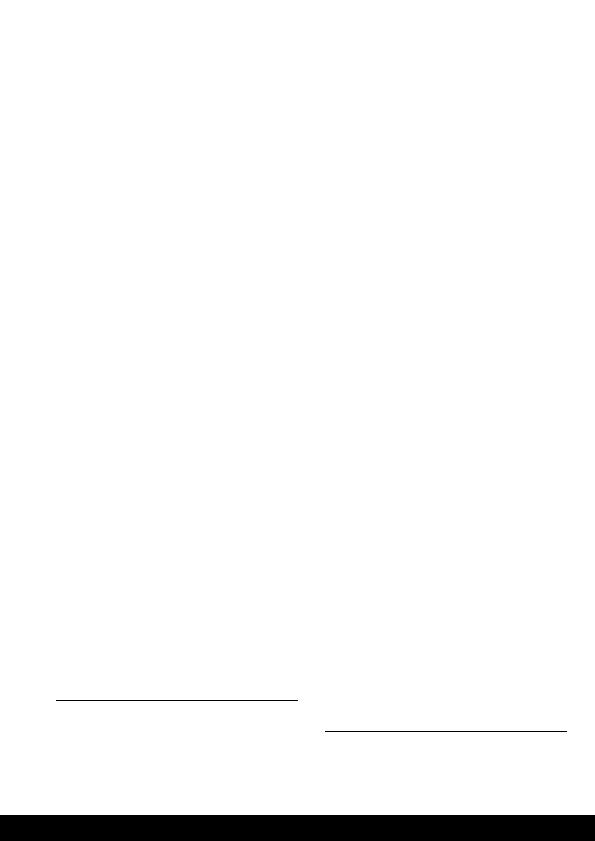
assist the families of Aboriginal and Torres Strait
Islander prisoners to visit their family members
in custody. It recognises the importance of
maintaining the prisoner's family relationships
and links with their community.
provides a Koori art program to all Koori women
at DPFC.
delivers vocational training and education
programs to Koori women at DPFC.
Koori women and men exiting the prison system.
The program is designed to prepare Koori
women and men for release
organisations also provide support to Koori
women. For example, the Bendigo and District
Aboriginal Co-operative provides some support to
Koori women in Tarrengower prison and VALS and
FVPLS provide legal services to Koori women in
prison.
barriers for Koori women accessing prison-based
services and programs.
effective support programs in prison
diversion options before prison contribute to higher
rates of Koori women being remanded in custody
and sentenced to imprisonment.
prison-based programs and services. These have
been previously identified in the evaluation of the
AJA 2, which noted
programs and [that they] could be
improved by dealing with important
underlying issues, such as drug and
alcohol dependence in a culturally
sensitive way. Programs have also
not run consistently over time, and
transition support has been highlighted
as a gap.
The Aboriginal Family Visits program is delivered by
the Victorian Association for the Care and Resettlement
of Offenders (VACRO). <http://www.vacro.org.au/
SERVICES/FAMILIES.aspx> 13 June 2013.
This forms part of the Meerta Meerta strategy. State of
Victoria, Corrections Victoria, `Meerta Meerta', above n
163.
gender and race inequality, a lack of culturally
appropriate programs, limited capacity of existing
programs, waiting lists and eligibility requirements
all create barriers to access. Because of these
barriers, Koori women miss out on the therapeutic
and rehabilitative benefits of these programs.
was that the prison programs, services and the
system itself are designed for male prisoners.
Thus, these are not effective for women in general
and Koori women specifically.
up with women in mind, women have
different needs to men, they have
a different role in families that is not
recognised by prison. They need holistic
supports to be able to continue their role
in families. More work needs to be done
by Corrections Victoria on these issues.
from the men's system, which makes
them totally irrelevant to women's lives.
for women or that failed to take into account
women's needs.
programs Wulgunggo Ngalu,
Booroona, Judy Lazarus [Transition
Centre]...with the support of these
programs..., they are able to change
their ways. Women don't have that
support...
services around for men that are not
available for women, women also have
children to support. If women aren't able
to access financial support then they end
up reoffending to support their kids.
release.
places... There are heaps for men but
not for women.
Key informant interview, Victorian Aboriginal and Legal
Service, 15 November 2013.
Focus group participant, 17 January 2013.